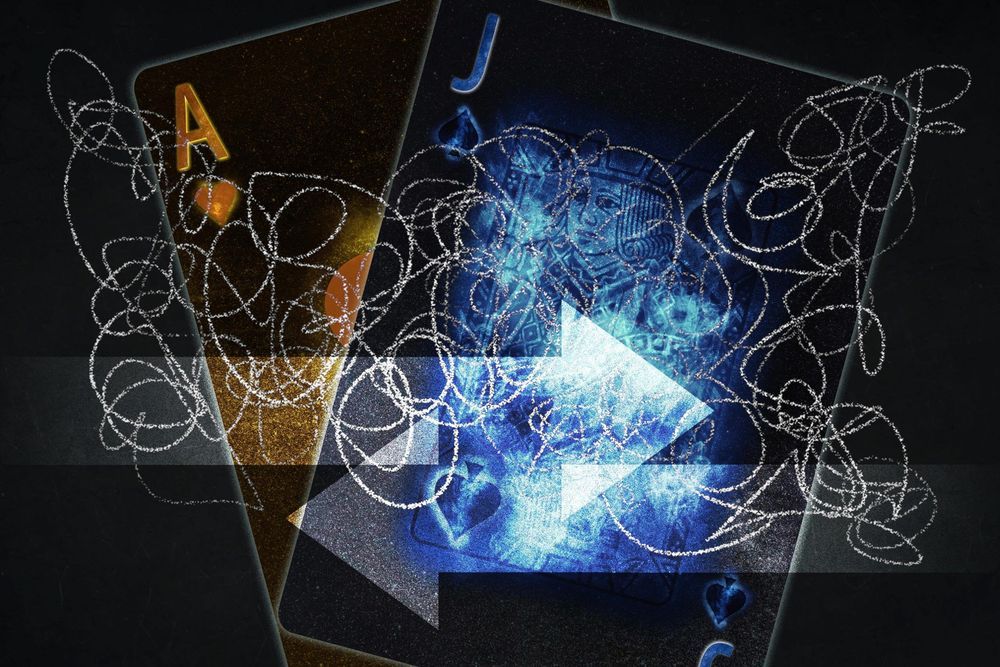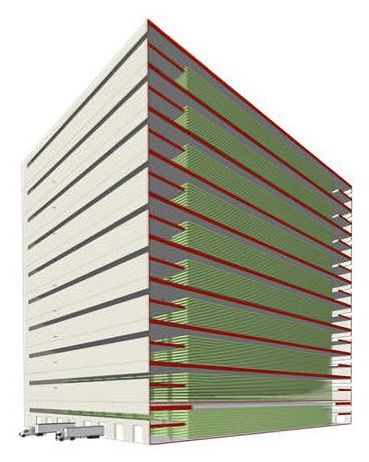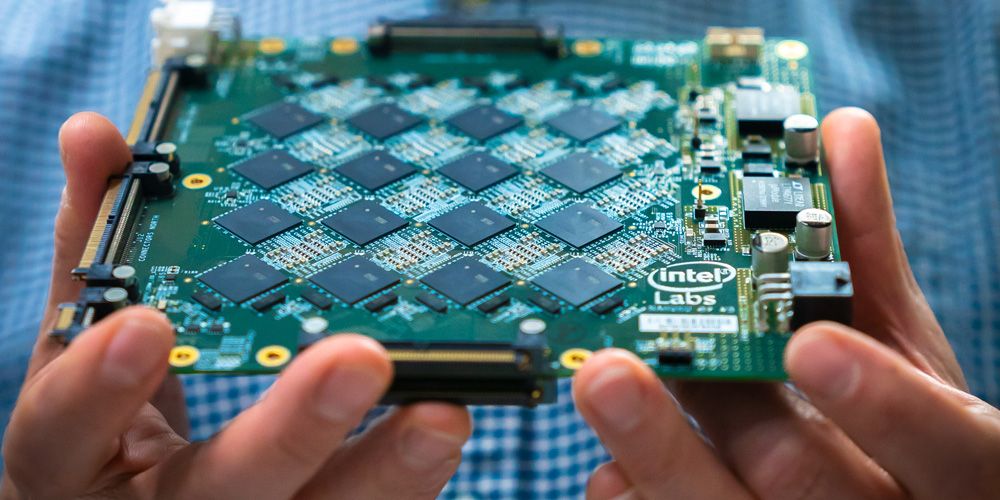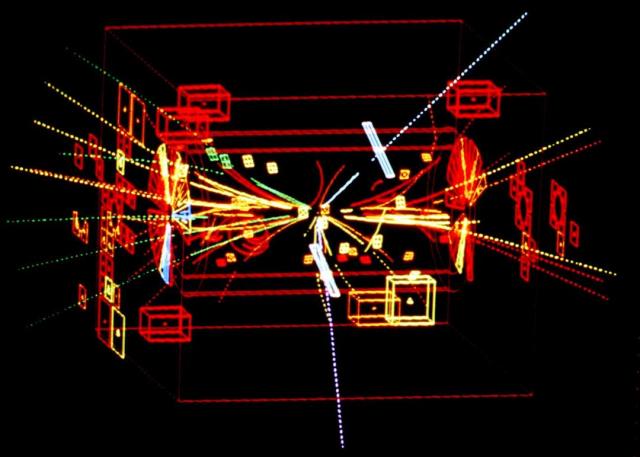Can a Quantum Strategy Help Bring Down the House?
In some versions of the game blackjack, one way to win against the house is for players at the table to work as a team to keep track of and covertly communicate amongst each other the cards they have been dealt. With that knowledge, they can then estimate the cards still in the deck, and those most likely to be dealt out next, all to help each player decide how to place their bets, and as a team, gain an advantage over the dealer.
This calculating strategy, known as card-counting, was made famous by the MIT Blackjack Team, a group of students from MIT, Harvard University, and Caltech, who for several decades starting in 1979, optimized card-counting and other techniques to successfully beat casinos at blackjack around the world — a story that later inspired the book “Bringing Down the House.”








